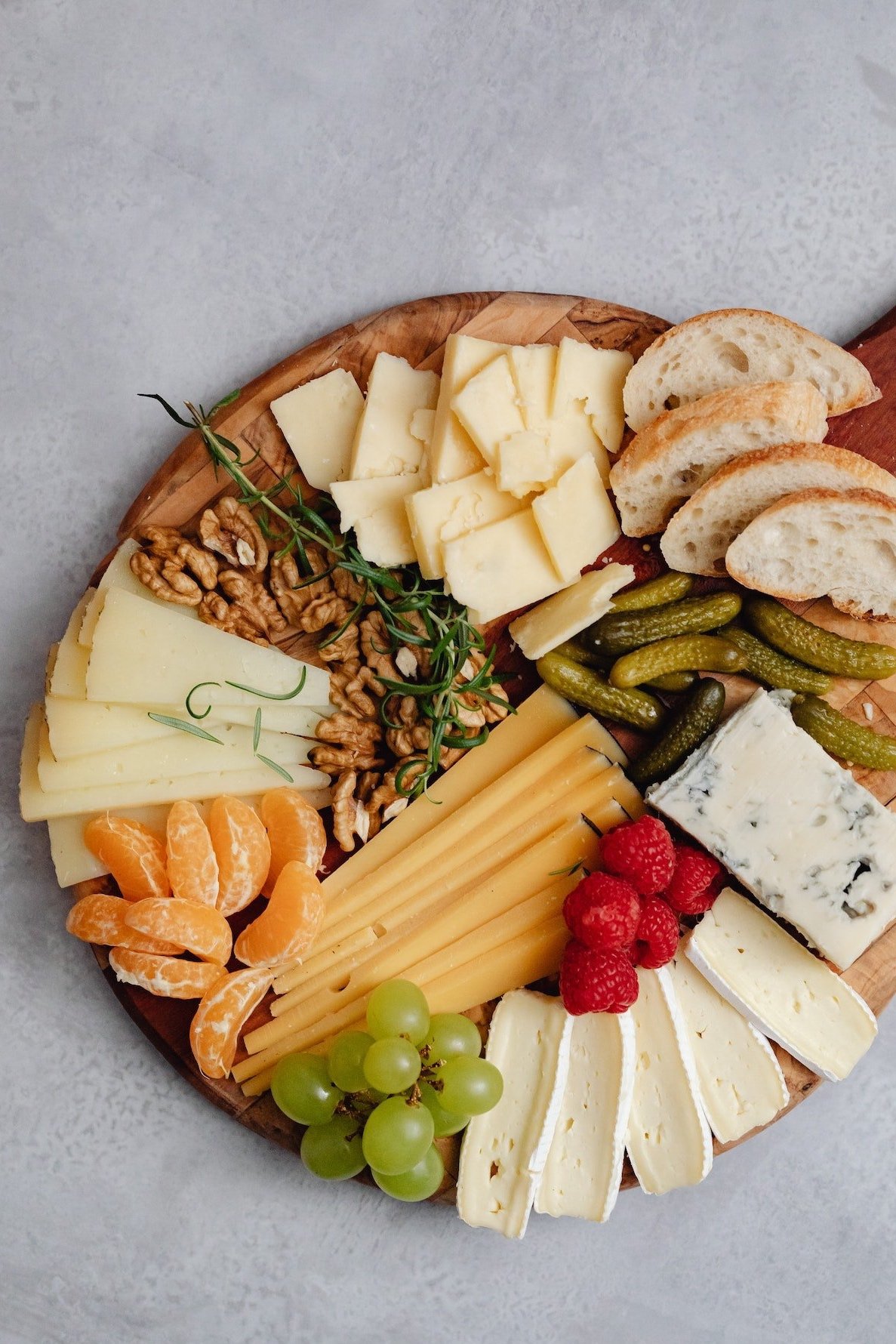Nutrition Tips During Breastfeeding
In honour of this year’s World Breastfeeding Week (1st August - 7th August) I have focussed this blog on the top nutrients to optimise during your breastfeeding journey.
All of these nutrients are also important even if you are not breastfeeding and should be prioritised whatever way you are feeding your baby as they are vital for the mother’s recovery post birth.
What a feat it is to give birth and it certainly takes a lot out of our bodies! It’s now the time to nourish your body so you feel energised during these sleepless times.
Iron
Our iron stores drop during late pregnancy and then take a further hit during birth. A diet rich in iron will help replenish these much needed stores.
Breastfeeding mothers are recommended to have between 9-18mg of iron daily with lower needs after birth, with a return to 18mg when you begin menstruating again.
Your baby will also meet their own iron requirements via your breastmilk for the first 6 months (if exclusively breastfed) so its doubly important that there is enough for both of you!
Both haem (animal based) and non-haem (plant based) sources of iron are encouraged. Haem sources are much better absorbed by the body but you can increase the absorption of non haem sources (to a degree) by accompanying them with a vitamin C source such as citrus fruits, broccoli, capsicum, strawberries.
Calcium
Calcium is vital to make sure your baby’s fantastic little bones are growing stronger every day. Although requirements for calcium do not increase during pregnancy or breastfeeding (1000mg per day) a high calcium diet is recommended as your body will take from your own calcium stores to give to your baby if you are not getting enough in your diet.
Not enough calcium for mum = higher risk of osteoporosis later in life.
B12
B12 is needed to support baby’s brain development and to produce healthy red blood cells.
2.8 micrograms daily of B12 is needed to reduce the risk of both mum and baby developing megaloblastic anaemia which has been linked to fatigue, shortness of breath and stunted growth.
B12 is mostly found in animal products and can be met with a varied diet but if you are vegetarian or vegan it is important to get your B12 levels tested AND discuss if regular supplementation of B12 is needed with your health care team.
Omega 3s
These wonderful unsaturated fats keep proving they are the kings of the nutrients don’t they? See our blog on omega 3s for fertility and pregnancy
Omega-3s are crucial for optimal development of your baby’s brain, eye and nervous system as well as helping to maintain your heart, joint and mental health.
500mg Omega-3 a day are recommended with 200mg suggested to come from DHA.
Studies have shown that mothers who have a diet rich in Omega-3 were less likely to suffer post- natal depression and their baby’s fair better in cognitive thinking and motor skills.
Oily fish, such as salmon, mackerel or sardines, are the best sources followed by other fish, red meat, nuts, seeds and eggs.
Vegetarian or vegan mothers can also supplement their diet with algae-based Omega-3 to ensure they are obtaining adequate amounts.
Iodine
Adequate iodine in both mum and baby is needed for the function of the thyroid gland which regulates growth, development and temperature regulation. Your requirements for iodine increase to 270 μg a day when breastfeeding to support both your baby’s and your needs.
Iodised salt is added to a variety of commercial products but the richest dietary sources include dairy products, seafood, eggs. There are also plant based sources that include spinach and beans but these don’t have as much iodine in them unfortunately.
Extra energy
Your energy needs during breastfeeding can increase by 2000kJ which is equivalent to an extra meal 😆
To meet these extra needs it’s a good idea to pick foods that are going to fuel you for the day ahead.
Some one handed options could include (but not limited to):
Mixed nuts and a few squares of chocolate 🙊
Cheese, savoury biscuits and a fruit platter (sliced apples, grapes, pears)
1-2 boiled eggs
Muesli bar
Nut balls
Muffins
Yoghurt pouch (YoPro, Chobani)
Get in contact with me if you would like some support with hitting these important nutrient targets during such a crucial time - via the Contact and Bookings Page

